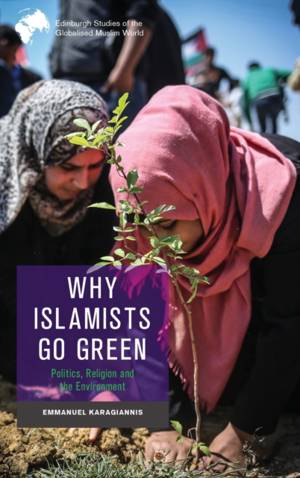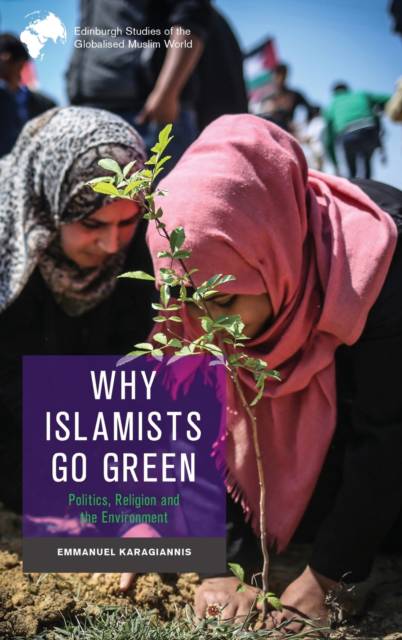
- Retrait gratuit dans votre magasin Club
- 7.000.000 titres dans notre catalogue
- Payer en toute sécurité
- Toujours un magasin près de chez vous
- Retrait gratuit dans votre magasin Club
- 7.000.0000 titres dans notre catalogue
- Payer en toute sécurité
- Toujours un magasin près de chez vous
Description
From North Africa to Indonesia, Muslim populations have struggled to cope with the new environmental realities. However, in the era of globalisation, institutionalised Islamist parties, particularly in government, are increasingly addressing green issues and suggesting policies in order to help protect water supplies, reduce pollution and increase tree plantation. This applies to Islamists who participate in electoral politics, as well as those who are classified as transnational or militant. Delving into the causes of this new environmentalism phenomenon, Emmanuel Karagiannis explores the religious and political motivations of five Islamist groups and assesses the degree of influence that Islamic texts, rulings and principles have on the green policies pursued.
Spécifications
Parties prenantes
- Auteur(s) :
- Editeur:
Contenu
- Nombre de pages :
- 240
- Langue:
- Anglais
- Collection :
Caractéristiques
- EAN:
- 9781399506229
- Date de parution :
- 10-01-23
- Format:
- Livre relié
- Format numérique:
- Genaaid
- Dimensions :
- 156 mm x 234 mm
- Poids :
- 580 g

Les avis
Nous publions uniquement les avis qui respectent les conditions requises. Consultez nos conditions pour les avis.






